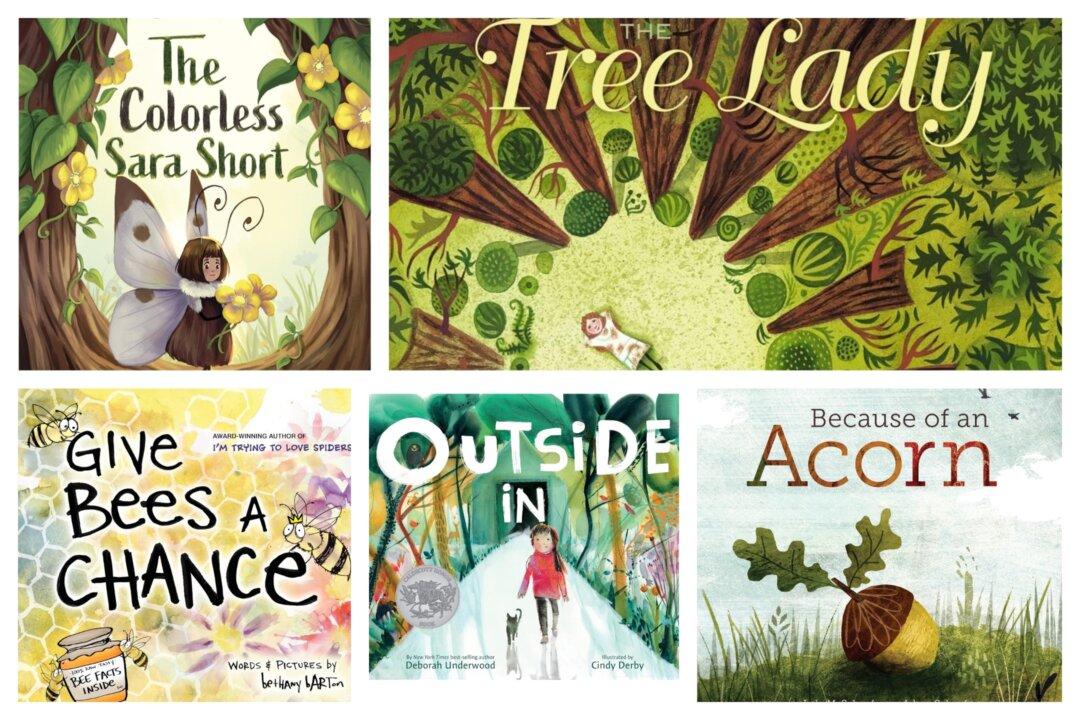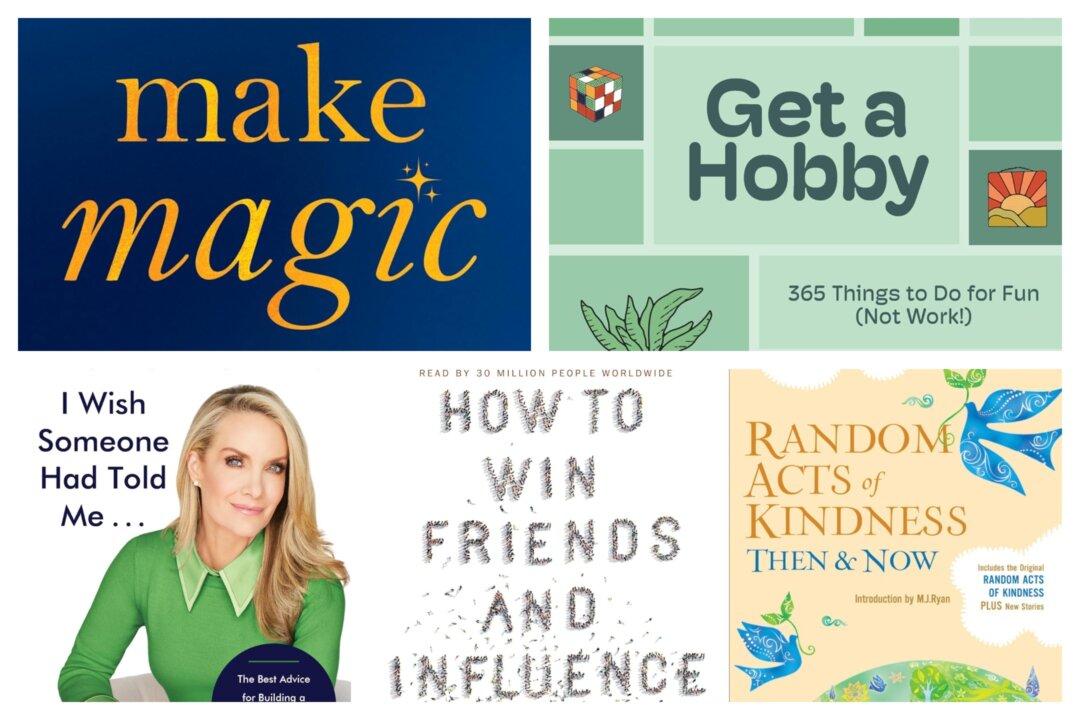“Who listens to you?” Ask yourself that question and then answer it honestly.
That question is what Kate Murphy, the author of the book “You’re Not Listening: What You’re Missing and Why It Matters,” asked when doing her research. She put this question to people of all ages, races, and classes. Almost without exception, what followed was a pause. The lucky ones could come up with one or two people, but most respondents didn’t feel like they had anyone who truly listened to them, even those who were married or claimed a vast network of friends and colleagues.





